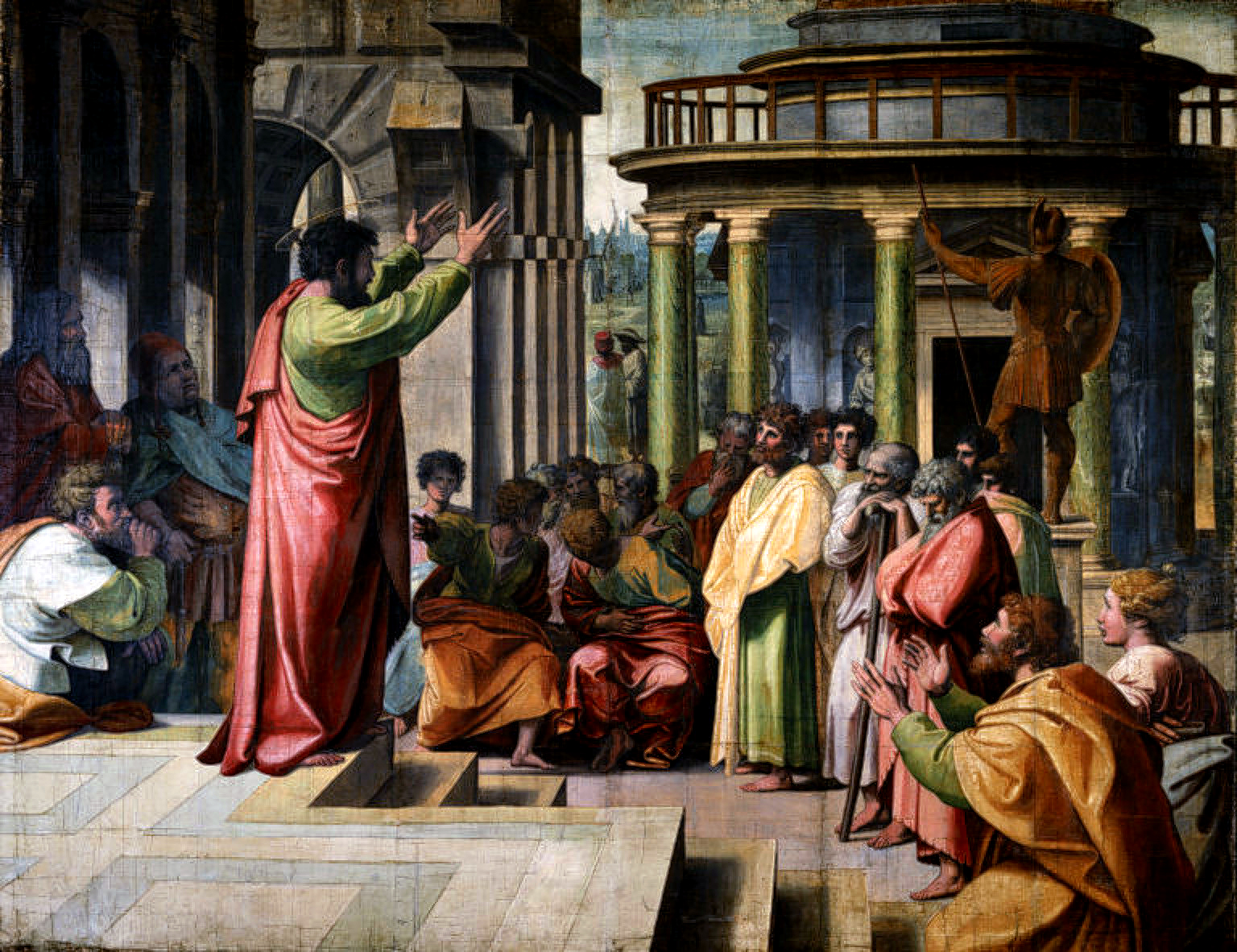
A distressing but obvious fact is not only that we sin, but that we find it easy to do so, and hard to be saintly. We might rightly ask with some exasperation why this should be so. The Christian doctrine of original sin helps us to understand ourselves as sinful and fallen, and therefore also how to live life to the fullest.
The Sacred Scriptures tell of our first parents eating of the tree of the knowledge of good and evil. This is the primordial sin, rebellion against God purely in order to grasp for an illusory power of knowledge of evil as opposed to good. This was the first time in the history of the universe that God’s will was flouted, and its consequences were disastrous.
Original sin fractured our relationship with God, the relationship between our body and soul, and our relationships with each other. This damage was overcome by Our Lord’s redeeming sacrifice on the Cross, but the merits of that sacrifice must be applied in our own lives.
Original sin has wounded human nature so that we are affected by disordered desire or “concupiscence” which remains a part of our experience. The material things that God created are good in themselves, but we tend to use them addictively, excessively or in various ways that harm ourselves and others.
When we understand the wound of original sin, we know ourselves better; more importantly we understand how to overcome this weakness. Our Lord teaches us to deny ourselves: not because we are inherently evil, but because we need to engage in the spiritual battle. Even the pagan stoic philosophers such as Seneca or Marcus Aurelius knew that the blessed life was to be found in self-denial so that we could subject ourselves to the good, true and beautiful. St Paul proposed to the Athenian philosophers a deeper answer to their searching when he said that the one they were looking for, the good, the true and the beautiful, was a personal God who is close to us: “in Him we live and move and have our being.” (Acts 17.28)
This spiritual journey would be hopeless were it not for the grace of God won for us through the passion and death of our Lord Jesus Christ. He gives us genuine hope for the blessed life, and a peace that the world cannot give. When we pray, we should constantly ask Our Lord for the grace to fight and gain victory in the spiritual battle so that we can love the one in whom we live and move and have our being, knowing that this love is truly what we were made for. Therefore in the Gloria of the Mass, let us say or sing sincerely,
“You take away the sins of the world, receive our prayer.”
Sermon preached by Fr Finigan at St Austin and St Gregory, Margate and St Anne, Cliftonville on 1 February 2015.
